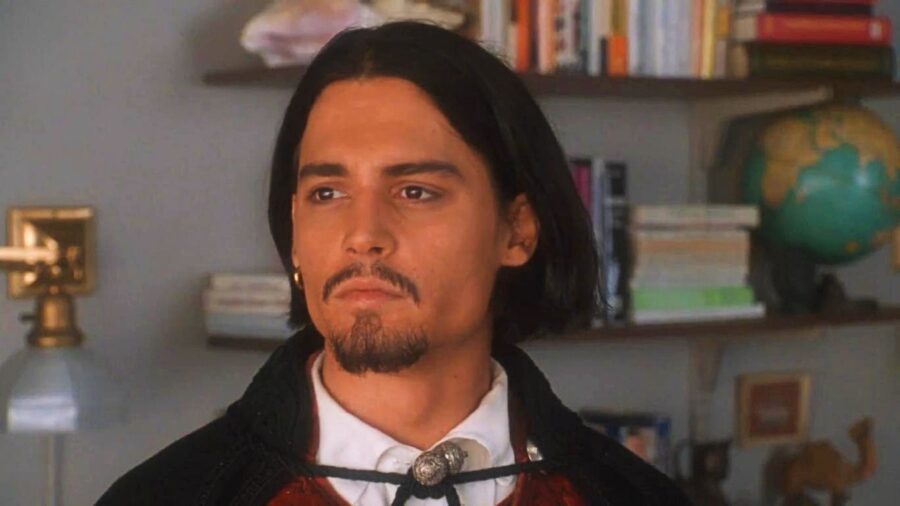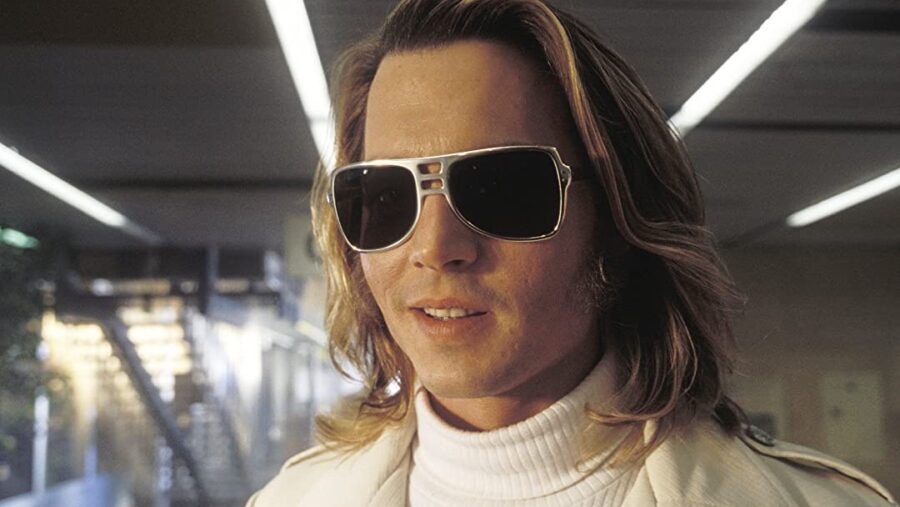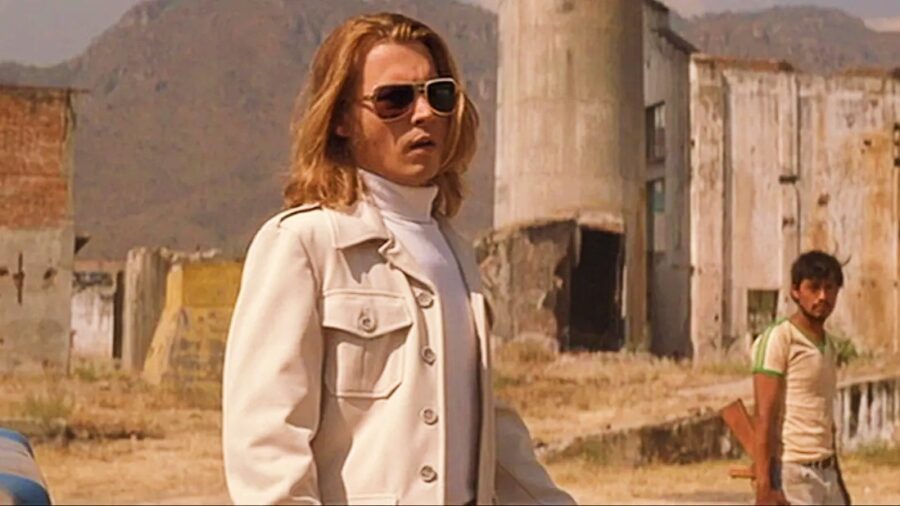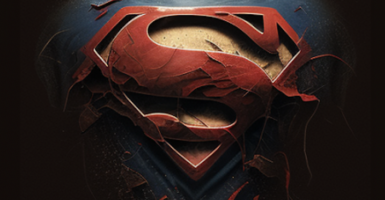A Hotly Debated Johnny Depp Movie Just Landed On Netflix
A controversial Johnny Depp movie just got added to Netflix streaming, and we'll walk you through what the big issue is.
This article is more than 2 years old

It has been a while since Johnny Depp was in the news for anything positive. After first emerging as a Tiger Beat heartthrob on the original television version of 21 Jump Street, Depp made a graceful transition to the thinking man’s Hollywood star, choosing to star in offbeat movies like Ed Wood and Dead Man. Then he hit it big, like enormously, colossally, catastrophically big with Pirates of the Caribbean. After that, the hits kept coming for a while, but the choices started to become weirder (in a bad way). For every Public Enemies, there was a The Tourist. For a Rango, there was a Dark Shadows. Mortdecai exists, and there’s nothing anyone can do about it. But just before Pirates of the Caribbean: The Curse of the Black Pearl arrived in 2003 to forever change the course of Johnny Depp’s destiny, he starred in a movie called Blow. As of today, it is now streaming on Netflix USA and you can see for yourself.

When Blow was released in 2001, Johnny Depp’s box office success in years had been 1999’s Sleepy Hollow. Later that year, the Alan Moore-unapproved adaption of From Hell would utilize his take on creepy old-timey detectives for a decent commercial success, but the majority of his recent movies had been non-starters like The Astronaut’s Wife and The Man Who Cried. Blow must have seemed like it had a decent shot. It would be directed by Ted Demme (nephew of Jonathan Demme) and co-written by Nick Cassavetes (son of John Cassavetes), so it had some Hollywood juice behind it. It was based on a Bruce Porter book called Blow: How a Small Town Boy Made $100 Million with the Medellín Cocaine Cartel and Lost It All (they sensibly tidied the title up a bit). And Hollywood always loves a good true-life crime story.
In this case, it was about real-life drug trafficker George Jung (played by Johnny Depp in various blonde wigs, naturally), who was still alive and imprisoned when the film was made. Jung was a major figure in the cocaine industry that exploded in power and wealth in the 1970s and 80s. He first began smuggling marijuana, eventually moving hundreds of pounds from Mexico to America each trip. He was eventually convicted and sent to prison, and because the American justice system works, he made the connections that would tie him to the Medellín Cartel. The dominant and most ruthless drug cartel of its time, the organization was headed by Pablo Escobar (played in Blow by Cliff Curtis, a Maori actor who has played virtually every ethnicity that Hollywood can think of). Jung would become an integral part of the Cartel, until his eventual arrest and imprisonment.

It is fair to say that Blow takes a lot of cues from Goodfellas. Much like Martin Scorsese’s crime epic used the narration of Henry Hill (Ray Liotta) to explore both his life and the machinations of the American Mafia, Blow uses the narration of George Jung (seriously, Johnny Depp’s wigs) to explore how the cocaine industry became a world force while also following his tumultuous personal life. Blow even stars Ray Liotta as Jung’s father, and uses some of the same musical needle drops as Scorsese’s film. Penélope Cruz starred as Jung’s wife Mirtha, as part of her one-two punch of an introduction to Hollywood along with Cameron Crowe’s Vanilla Sky in the same year. Much of the movie is spent on the contentious relationship between Johnny Depp and Penélope Cruz, doing a lot to humanize and explain the actions of Jung.

This is a bit of the problem of Blow and the crux of the debate around the movie. Both Johnny Depp and Penélope Cruz do fine, sensitive portrayals of the real-life people in question, which was noticed by critics. It is definitely notable that the movie serves to explore and explain the main white guy complicit in a drug trade that has destroyed countless lives across the globe. It does not particularly extend the same depth to the many Latin characters in the story, leaving the film with a queasy white hero narrative. By the end of the film, we are expected to feel sorry for Jung because his daughter had not visited him in prison, but it is probably more worth remembering why he was in prison in the first place.












